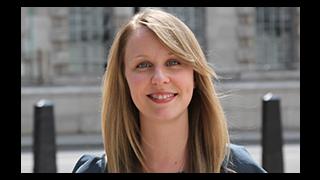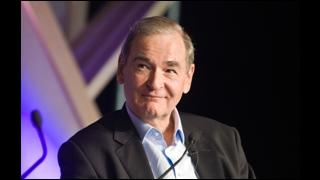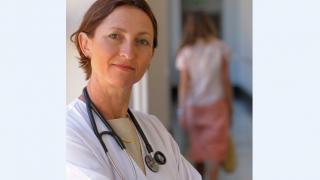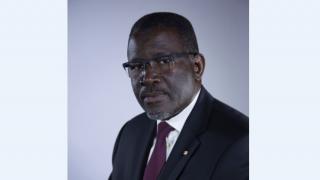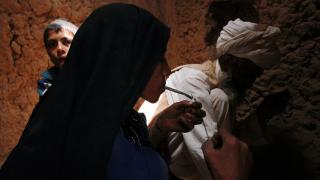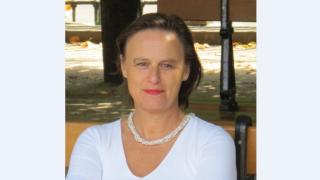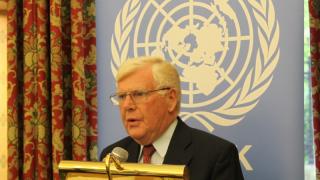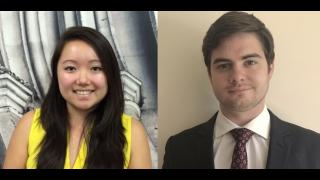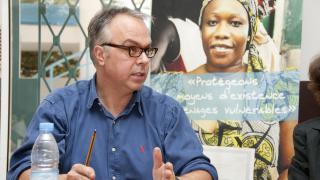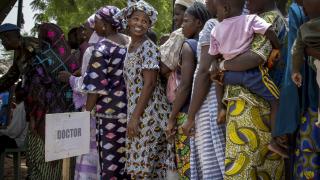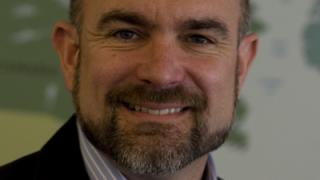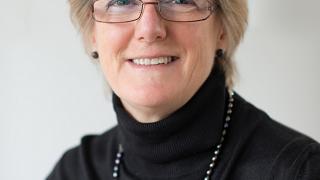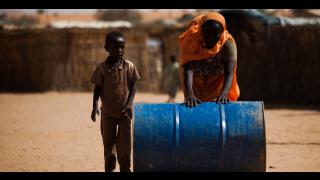Chronic illnesses or non-communicable diseases (NCDs) are the largest single cause of disability and death worldwide. According to the World Health Organization (WHO), 36 million people died in 2008 from NCDs. This number is only set to rise in the future. The United Nations has called many conferences on what it has called “the invisible epidemic”, including convening a high-level meeting in 2011. These assemblies have debated the enormity of the issue and the need to implement safeguards and strategies to try to prevent and control this endemic problem.
WHO has focused its efforts on improving access to medical care in developing countries, as well as the need for a good diet, nutrition and regular exercise to help prevent NCDs. While these are laudable policies, there is concern that the approach to combat the horrific and crippling effects of chronic illness is too narrow, and may not take into account the sufferer as a ”whole”.
I have experienced first-hand the devastating results chronic illness has on a person. I have also experienced the incredible impact that a holistic and integrative approach can have upon your overall health. As a patient in a hospital that had a multi-disciplinary team (MDT) at its core, my health improved to such an extent that I am now almost fully recovered. The MDT was made up of a consultant, pharmacist, mental health professional, physiotherapist and others.
This approach was vital as we are very complex beings. We experience life on many different levels and are made up of so much more than just our physical selves. Many don’t realise, unless they themselves have experienced it, the severe impact that suffering with any chronic illness has on your whole self. You may also be struggling emotionally. Doctors would be the first to agree that our psychological state has a huge impact on our body’s ability to heal and recover. When we become mentally unwell or unbalanced we are less able to take part in life-enhancing and energising activities. If healthcare took a more holistic view we might be able to halt the onset of other associated and sometimes debilitating symptoms that are linked with chronic illness.
I hope that developed nations and global organisations will sit up and take notice of the vital need for a revised approach. UN Secretary-General Ban Ki-moon has highlighted the “grave and growing” problem of NCDs. His opening remarks at the 2011 World Economic Forum underlined the need “to broker an international commitment that puts non-communicable diseases high on the development agenda. Where they belong.” And in July 2014, WHO Director General Margaret Chan said that while there had been some change “the overall progress is insufficient and highly uneven.” Ms Chan called for a “seismic shift” in public health and the urgency of “acting in concert with multiple sectors.” WHO has to take responsibility as the coordinating body to lead international efforts.
Developed countries have a duty to ensure that where they have the resources they are put to good use. WHO should ensure that the best practices established in UK hospitals like the one I stayed in, are passed on to doctors and hospitals in developing countries through WHO’s technical assistance. To go even further towards NCD assessment and treatment, there needs to be a radical rethink about how health and education systems are structured and organised throughout the world.
The health of ourselves, our neighbours and our children are all at stake. By 2020 the expected number of deaths from NCDs will be 44 million per year. Good health is the foundation of a society and without it, as nations and individuals, we will never prosper, develop or grow.
Liz Barrett is a holistic healthcare advocate and regularly writes and makes films on health and chronic illness at: www.yourlifeinrecovery.blogspot.com and on Twitter: www.Twitter.com/Recovering_Life

